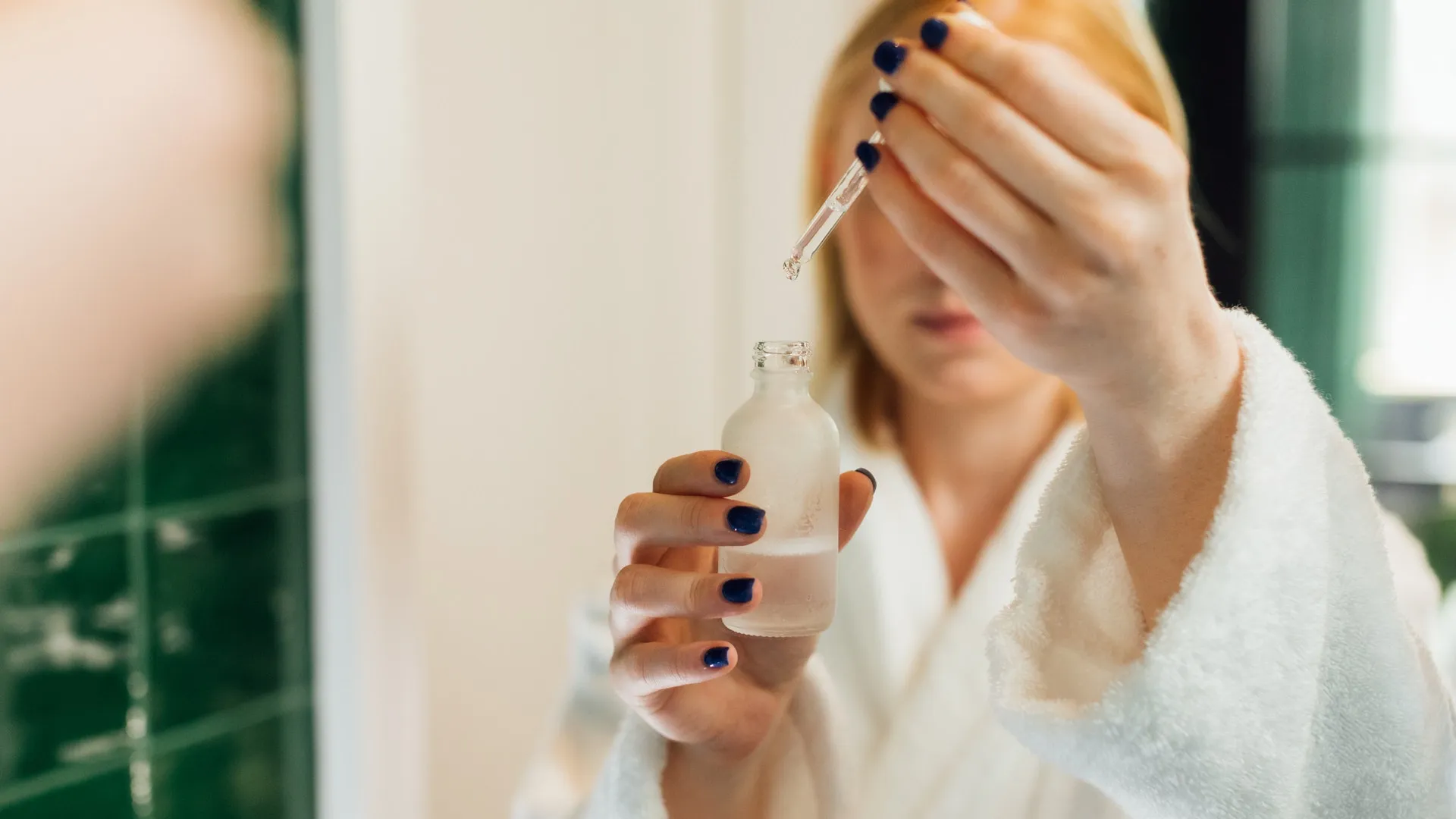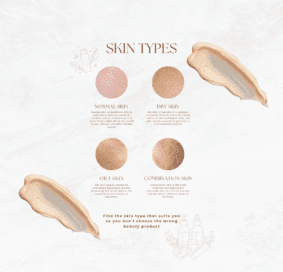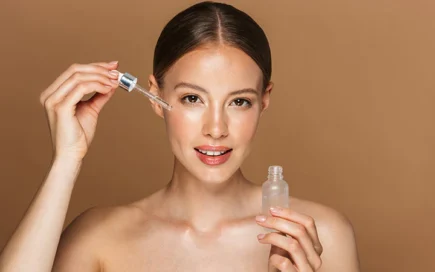

In the ever-evolving world of skincare, face serums have emerged as potent elixirs, promising transformative benefits for our skin. These lightweight, fast-absorbing formulations are enriched with active ingredients that target various skin concerns. From hydrating dry skin to combating signs of aging, face serums have gained a prominent place in our daily beauty routines
Face serums are concentrated skincare treatments designed to deliver a high dose of active ingredients deep into the skin. Unlike moisturizers, which primarily focus on hydration and sealing in moisture, serums target specific concerns such as brightening, firming, and smoothing. Due to their lightweight texture, serums are quickly absorbed and penetrate the skin’s deeper layers, delivering optimal results.



Face serums are formulated to suit different skin types, recognizing that each type has unique needs and concerns. Understanding your skin type can help you choose the most suitable serum for your specific requirements.


Choosing the right face serum can be overwhelming due to the variety of options available on the market.


In conclusion, choosing the right face serum is a pivotal step in achieving healthy, radiant, and youthful-looking skin. This ultimate guide has provided you with essential insights and actionable tips to navigate the world of face serums with confidence. Through research, reading reviews, and conducting patch tests, you can identify the best face serum that aligns with your skin’s requirements and delivers the desired results. Remember to consult a dermatologist if you have particular skin concerns or uncertainties.